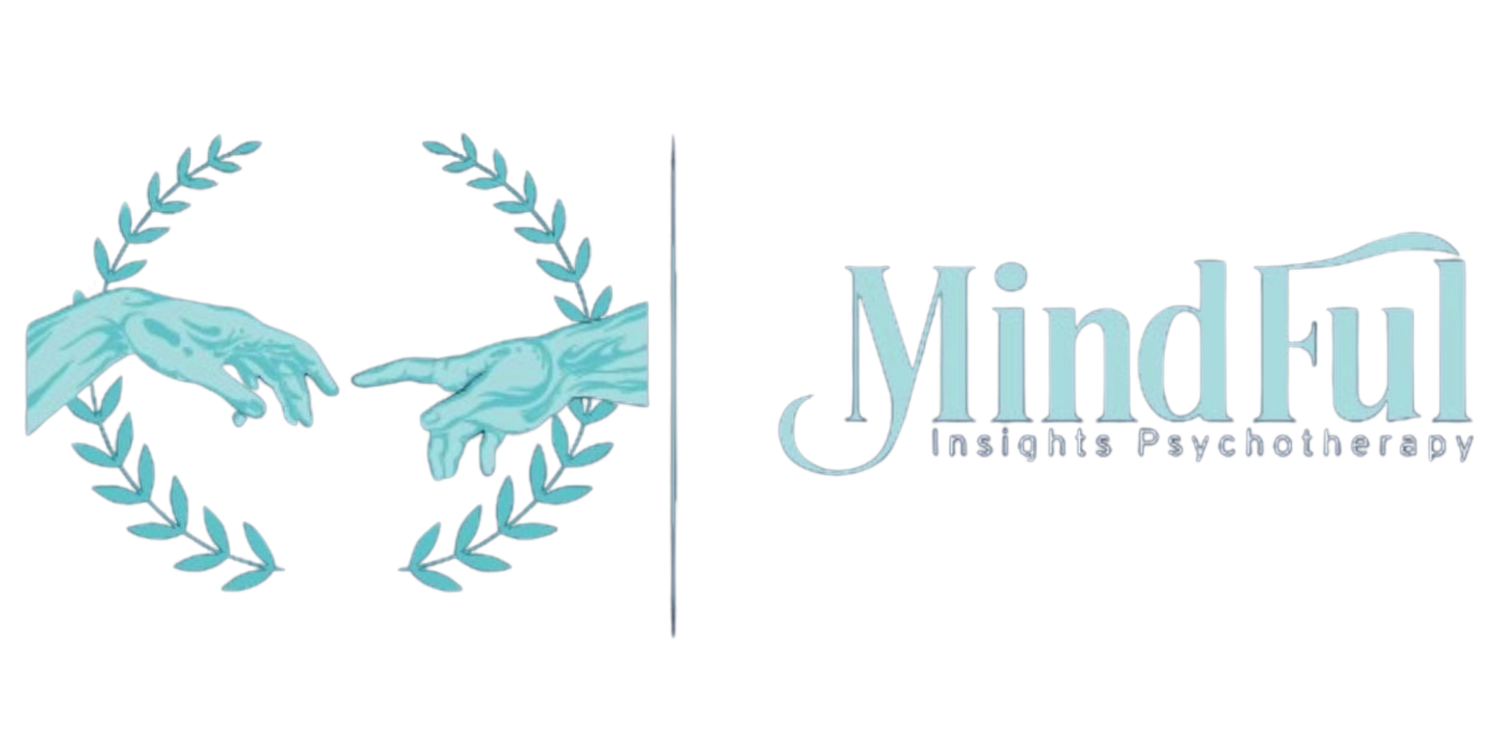The Science of Sleep: How Sleep Therapies Support Mental Health
Sleep plays a fundamental role in our mental and emotional well-being. Yet, for many, restful sleep remains elusive due to stress, anxiety, depression, or chronic insomnia. At Mindful Insights Psychotherapy, we recognize the deep connection between sleep and mental health. When sleep is disrupted, our brain struggles to regulate emotions, process thoughts clearly, and maintain resilience against stress.
Fortunately, emerging sleep therapies offer promising solutions to enhance sleep quality and, in turn, improve mental health. In this blog, we’ll explore how innovative sleep therapies, including sleep restriction therapy and circadian rhythm regulation, are being used to help individuals regain control of their sleep cycles and emotional well-being.
The Connection Between Sleep and Mental Health
Poor sleep isn’t just about feeling tired the next day—it impacts emotional regulation, cognitive function, and even physical health. Sleep deprivation has been linked to:
Increased stress and irritability
Heightened anxiety and depression symptoms
Reduced concentration and memory
Weakened immune function
For those struggling with insomnia or sleep disturbances, breaking the cycle of restless nights is key to improving overall mental well-being. This is where structured sleep therapies come into play.
What Is Sleep Restriction Therapy?
One of the most researched behavioral approaches for treating chronic insomnia is Sleep Restriction Therapy (SRT). Unlike its name suggests, SRT doesn’t promote ongoing sleep deprivation—instead, it helps retrain the brain to consolidate sleep more effectively.
How Sleep Restriction Therapy Works:
Track Sleep Patterns – Clients begin by keeping a sleep diary to record when they go to bed, wake up, and how much they sleep.
Reduce Time in Bed – If someone is spending 8 hours in bed but only sleeping 5, their allowed sleep window is adjusted closer to 5 hours.
Improve Sleep Efficiency – Over time, as sleep becomes deeper and more consistent, the time in bed is gradually increased.
By limiting excessive time in bed spent tossing and turning, SRT helps rebuild the natural sleep drive, making sleep more restorative and uninterrupted.
Circadian Rhythm Regulation: Syncing with Your Body Clock
Your body follows a natural 24-hour sleep-wake cycle known as the circadian rhythm. However, factors like late-night screen time, shift work, stress, or irregular schedules can throw this rhythm off balance.
Ways to Realign Your Circadian Rhythm for Better Sleep:
Morning Light Exposure ☀️ – Getting sunlight early in the day helps reset your internal clock.
Consistent Sleep-Wake Times ⏰ – Going to bed and waking up at the same time daily strengthens sleep patterns.
Limiting Blue Light at Night 📱 – Reducing screen time before bed prevents melatonin suppression and promotes natural drowsiness.
Mindful Evening Routines 🌙 – Engaging in calming pre-sleep activities (meditation, reading, or deep breathing) signals your body that it’s time to wind down.
Aligning sleep with natural biological rhythms can improve mood, reduce anxiety, and enhance cognitive function.
The Role of Therapy in Sleep and Mental Health
The Role of Therapy in Sleep and Mental Health
At Mindful Insights Psychotherapy, we incorporate sleep-focused interventions into therapy sessions as part of a holistic approach to mental health. Cognitive Behavioral Therapy for Insomnia (CBT-I) is one of the most effective evidence-based methods to treat sleep issues.
Therapeutic Techniques for Better Sleep:
✔ CBT-I (Cognitive Behavioral Therapy for Insomnia) – Targets negative thought patterns that contribute to insomnia.
✔ Stress Reduction & Relaxation Techniques – Guided mindfulness, progressive muscle relaxation (PMR), and deep breathing exercises to calm the nervous system.
✔ Sleep Hygiene Coaching – Adjusting bedroom environment, nighttime habits, and lifestyle factors to improve sleep quality.
Key Takeaways for Better Sleep and Mental Health:
✅ Sleep and mental health are deeply connected—improving one benefits the other.
✅ Sleep restriction therapy helps regulate sleep cycles by consolidating sleep time.
✅ Circadian rhythm regulation aligns sleep with natural biological processes for better rest.
✅ Therapy can provide personalized strategies to break cycles of sleep disturbances and improve emotional resilience.
If you’re struggling with insomnia, stress-related sleep issues, or emotional burnout, therapy can offer guidance on restoring healthy sleep patterns and mental clarity.
Final Thoughts: Sleep as a Foundation for Well-Being
Sleep isn’t a luxury—it’s a biological necessity that shapes our mental, emotional, and physical health. By embracing science-backed sleep therapies, we can unlock better sleep and a healthier mind.
At Mindful Insights Psychotherapy, we’re committed to supporting your mental wellness through comprehensive, evidence-based approaches. If sleep struggles are impacting your daily life, we’re here to help.
Ready to take control of your sleep and mental health? Contact us today to get started.

